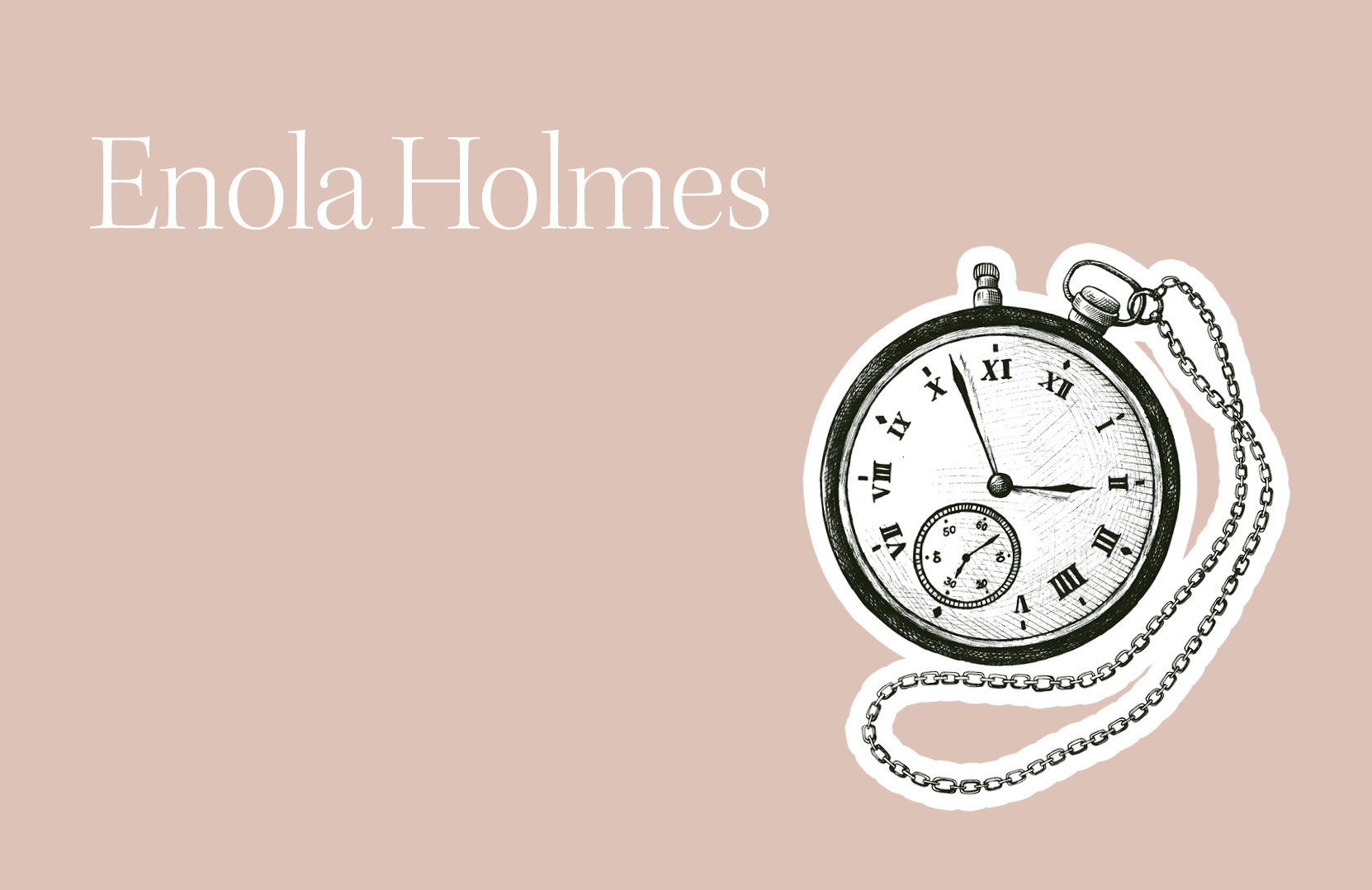If I said I had heard of Enola Holmes before watching the movie, I’d be lying. However, I will admit that after watching the made-for-Netflix movie, I was pleasantly surprised.
The 2020 film directed by Harry Bradbeer and produced by, among others, Millie Bobby Brown, who plays Enola Holmes, shares the story of the first book in a series written by Nancy Springer. It opens with a bit of back story showing a kooky, fun, and loving relationship between mother and daughter with clear feminist tones. Upon waking on her birthday, Enola finds her mother Eudoria Holmes is missing. Mystery and mayhem ensue as the search for mommy dearest commences.
Naturally, Enola’s brothers, Sherlock and Mycroft, played by Henry Cavill and Sam Claflin, respectively, are called in to care for a sister they haven’t seen in so long they don’t recognize her at first. The two brothers are as different as night and day, with Mycroft being a self-in volved politician, only concerned with appearances and taming his wild and free sister. When he can’t do so on his own, he tries to send her off to a finishing school to turn Enola into a “lady.”
On the other hand, Sherlock is quite different from what one might think of when thinking of Sherlock Holmes. Different from past portrayals, this Sherlock is far kinder and more empathetic, something that hasn’t struck well with the estate of Sir Arthur Conan Doyle, writer of the Sherlock Holmes books. The estate went as far as suing because Sherlock is depicted as too emotional. Nevertheless, this Sherlock and his apparent admiration for his little sister is nothing if not a breath of fresh air.
Enola escapes her brother Mycroft before he, as her guardian, has the chance to her deliver her to finishing school and is off on a crazy adventure with some help from money and clues left behind by her mother. She finds herself in predicament after predica ment, solving puzzles and donning a multitude of disguises in an effort to find her mother on her own.
Along the way, she assists a boy, Tewkesbury, who is in harm’s way after the death of his father. As the movie progresses, the feminist storyline grows. A vote is about to happen that could change women’s rights forever, and it’s clear that Tewkesbury’s father would have voted to help the progress along, leading to his demise, and now Tewkesbury is in the line of fire. Enola, preoccupied with her own troubles, finds him cumbersome and problematic but assists him instead of compromising her ethics.
The story continues without one specific evil genius, but rather one young girl fighting a system whose mission is keeping her down. Given the Victorian era setting and the society that held fast, it is of little surprise that some of the worst characters are other women that are hellbent on assisting the patriarchy in keeping the status quo.
Of course, Mycroft does not favour women having a right to vote, putting him at odds with his sister’s strong independent nature. Once she escapes for the second time, this time from finishing school, he is determined to find her and send her back. With no success in finding her, Mycroft focuses on himself. Shocking!
The movie continues to loop in and out of multiple plots between Enola looking for her mom, helping Tewkesbury, and avoiding her brothers. I won’t spoil everything for you, but it all amalgamates in the end into one excellent resolution, much like a domino effect.
It was incredible to see Enola beat Sherlock at his own game and solve everything just before he did. The scene in the police station is epic. In true Sherlock fashion, Sherlock explains everything to the detective that then asks him how it is that his sister got there first.
Not only did Millie Bobby Brown do a great job as Enola, but the character herself is a great mentor to young girls. She is fierce, strong, fearless and incredibly intelligent. As I watched it with my daughter, I could see her excitement every time Enola succeeded in her adventures. Not to mention that the movie doesn’t paint women as helpless or damsels that need saving but as rather fully capable of saving themselves.
The males are quite useless in the movie, serving only as distractions and speed bumps along the way. If there is one thing that could have been done slightly better, it is the relationship between Enola and Tewkesbury. As the movie progresses, the feelings that both have for each other are palpable, yet in the end, Enola still walks away from him as if she has to choose between being a feminist or falling in love. But doesn’t being a feminist mean you can do both? I know I have.
Everything works out as it should in the end, leaving everything solved, including Enola’s mom’s return, though not in the way one would have expected even after Tewkesbury is able to take his father’s place and successfully vote for women’s right. Enola becomes her own woman and plants her feet firmly in the world as a detective, much like Sherlock, setting the stage for the possibility of many more movies based on the other books.
All around, this was a fun movie with a lot of action that succeeded in keeping you on your toes. There is never a dull moment, and the actors were well suited to their characters. The effort to teach young viewers and remind older ones of the history of women’s rights and the need for the continued fight for equality is front and centre, addressing items still relevant today. It’s a great family movie but also one that adults will enjoy on their own.
Image courtesy of rawpixel.





0 Comments